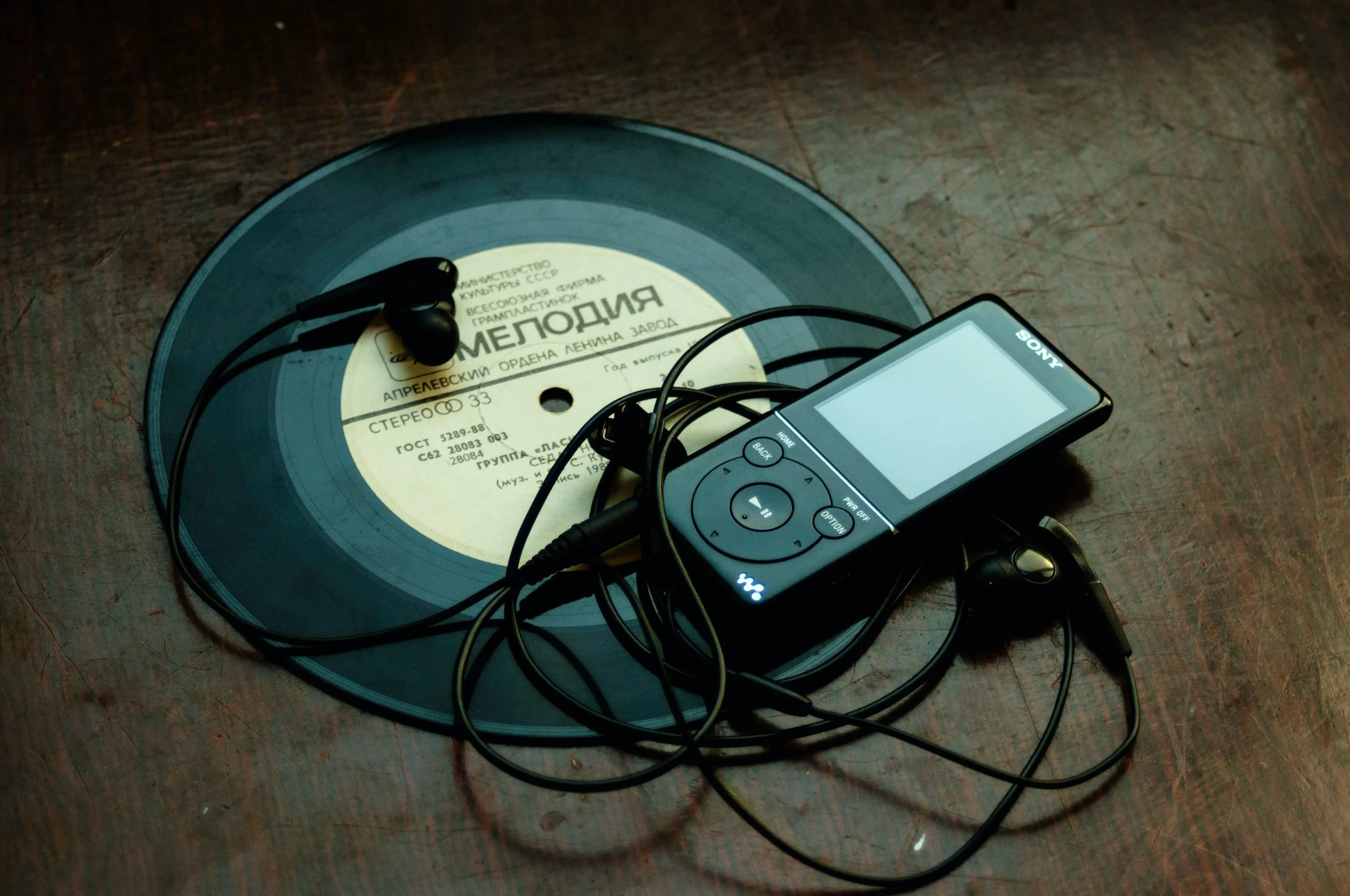Megumi Inoue, MSW, RN, PhD, Meng-Hao Li, PhD, Shannon Layman, PhD, Catherine J. Tompkins, MSW, PhD, and Emily S. Ihara, MSW, PhD
Abstract
While non-pharmacological interventions could positively impact mood and behaviors of nursing-home residents who are living with dementia, some facilities are more willing to adopt such interventions than others. This study investigated the characteristics of Medicaid-funded nursing facilities that were associated with their willingness to implement a non-pharmacological intervention, personalized music. Using the publicly-available dataset (aka LTCfocus) from Brown University, this study examined characteristics of nursing homes in Virginia that have implemented or are in the process of implementing a personalized music intervention (n = 59) and that have decided not to implement it (n = 216). The findings indicate that nursing facilities with a higher proportion of long-term residents are more likely to implement the intervention. The findings can inform future research recruitment strategies. In addition, a greater understanding of the use of non-pharmacological interventions in relation to the characteristics of nursing facilities offers insight to policymakers and public health officials regarding resource allocations to facilities.

